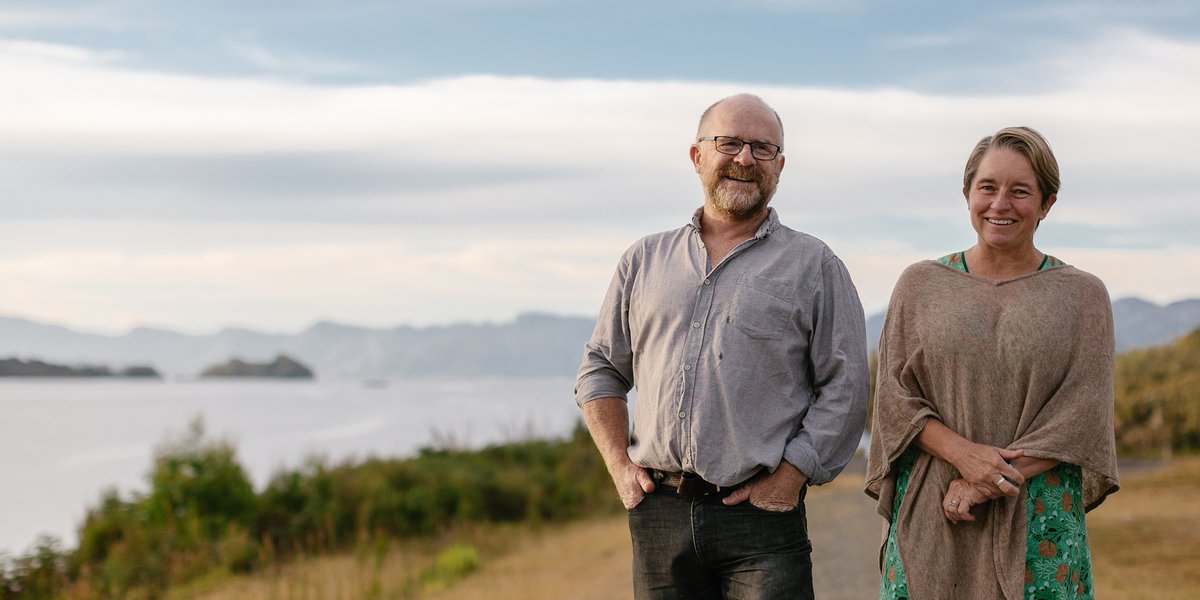Charlie Davis
"The community were incredible. They’re a really great bunch of people and they were backing us the whole way. You couldn’t have made the project work anywhere else except Flinders Island."
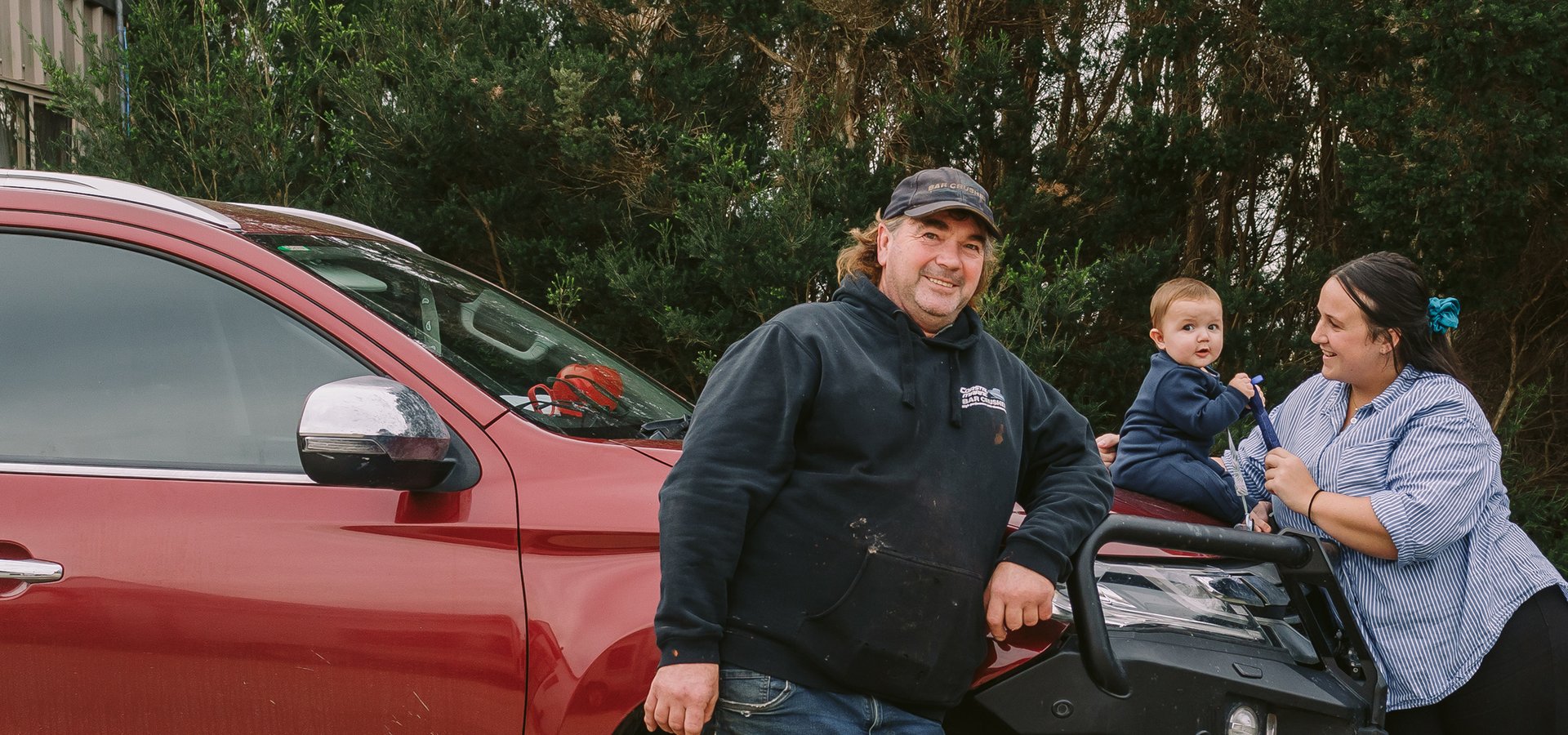
"When you come over here to Flinders and eat the local wallaby, it’s a completely different product. A lot of people try it and go, ‘Geez, that doesn’t taste like normal wallaby.’"
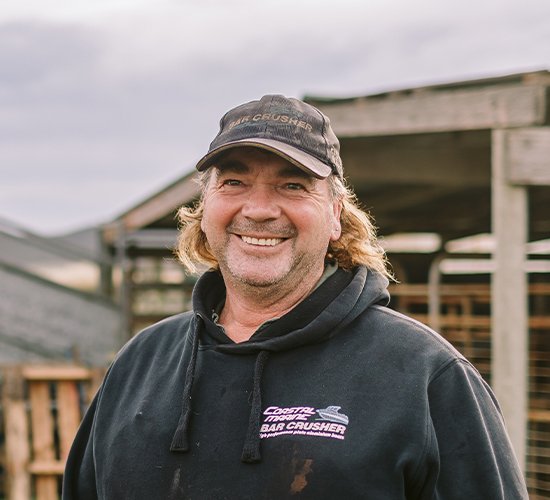
For almost two years, while the Flinders Island abattoir was closed, it wasn’t just the mainland missing out on Flinders-grown lamb and beef — the islanders themselves had no way to access their own local meat.
Instead, the small supermarket in Whitemark was forced to fly produce in from the Tasmanian mainland. It wasn’t cheap. It wasn’t efficient. And according to the locals, it wasn’t as tasty.
In July 2022, the abattoir was finally given a new lease on life through a new set of hands. It took months of renovations and a move partway across Bass Strait for Charlie Davis and his family, but their efforts made it possible to process meat from local farmers once again — as well as wallaby sourced by Charlie himself.
“I used to come over here as a teenager,” recalls Charlie. “My dad used to bring me over when they’d be shooting ‘roo. I always said I’d end up living here. It’s worked out perfectly.”
Wallaby has been a food source on these islands for thousands of years, and it is more environmentally-conscious, higher in protein and lower in fat than farmed meat. The wallabies never spend a single moment in captivity, and are abundant in Tasmania, the only place in the world where it’s legal to harvest them for meat.
“I’ve been a big meat eater all my life,” says Charlie. “But when you come over here to Flinders and eat the local wallaby, it’s a completely different product. A lot of people try it and go, ‘Geez, that doesn’t taste like normal wallaby.’ Whether it’s the salt air or the grass or something, I’m not sure — they’re just out and about sitting in the scrub, completely unstressed by anything. It’s much better for them.”
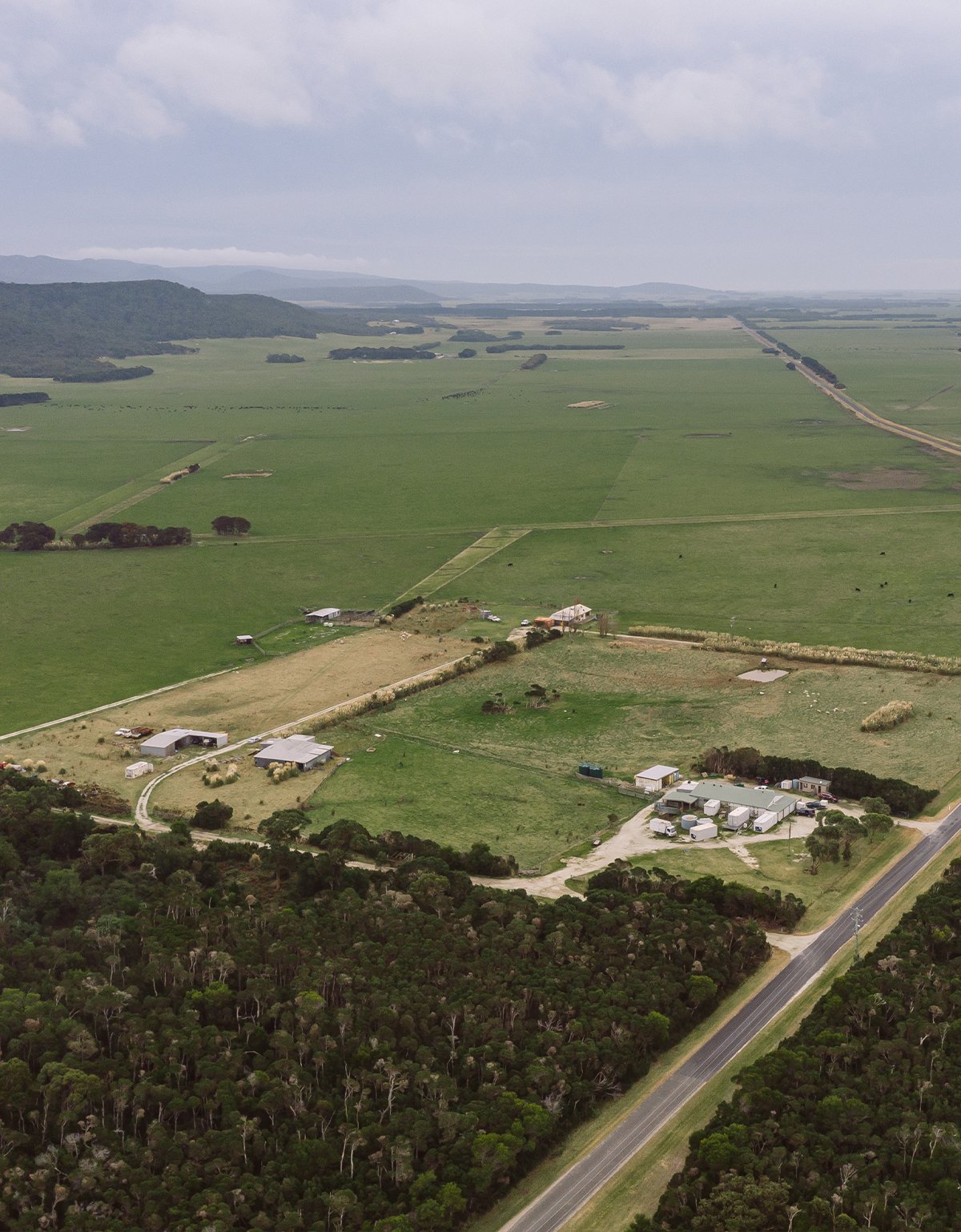
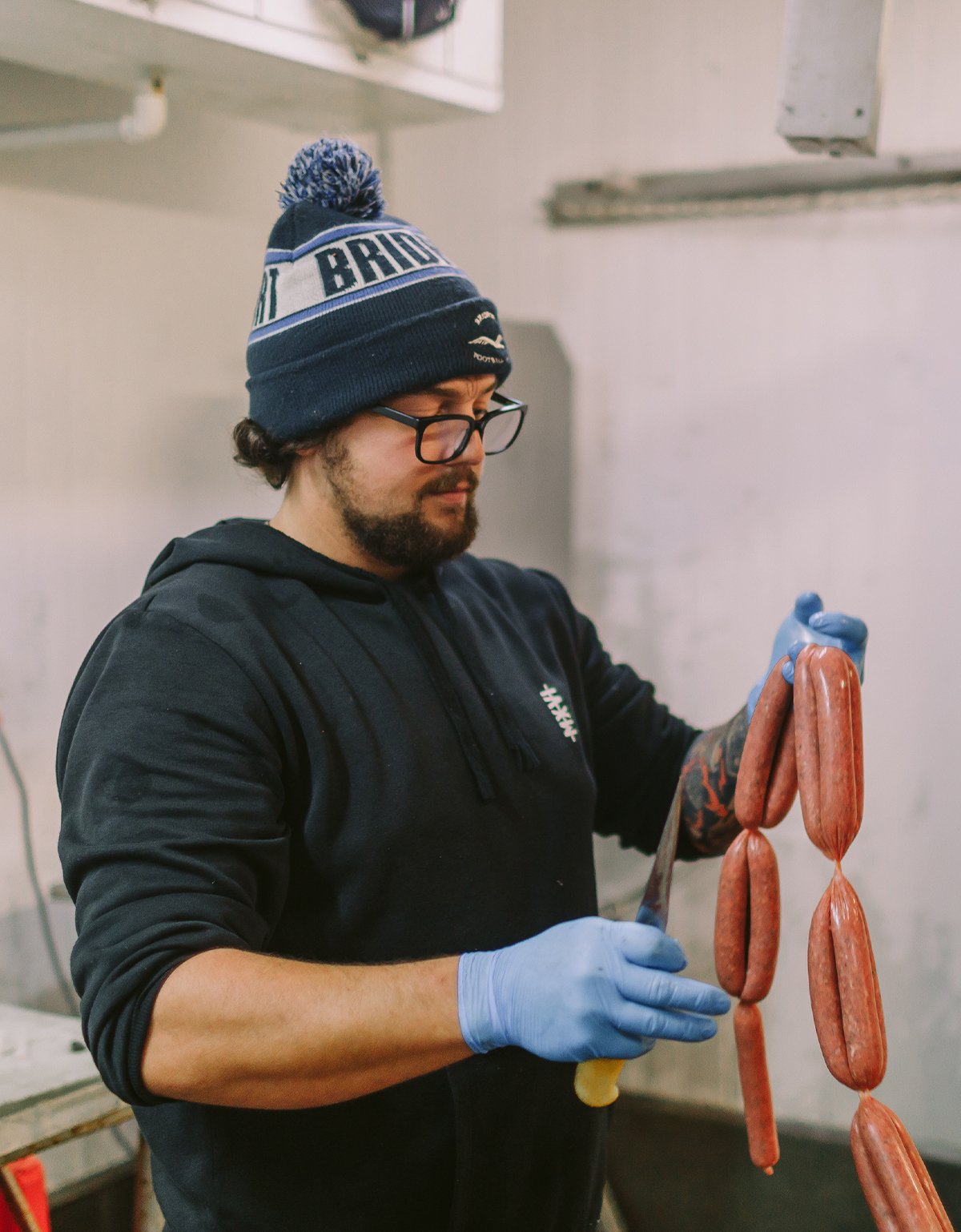
Now, the abattoir relies on the full and varied skillset of the Davis family, with Charlie’s two sons Payden and Toby involved in processing the animals, and his daughter Laura handling the administration.
But not everyone in the family shared Charlie’s enthusiasm for a move to Flinders Island… at least not initially. While it was Payden who spotted the abattoir for sale, and suggested they popped over to the island for a look, Laura was less keen on the prospect of moving somewhere that can, at times, feel quite isolated.
“I was dead against it,” she laughs. “I was like no, if you want me to be a part of this, I’ll do it from Beaconsfield. I’ll run the business from there.”
She was eventually persuaded to spend a few days helping out with the move and getting the business established… and that’s when a little bit of Flinders Island magic came into play. Laura met the man who is now her partner.
“We spent the weekend hanging out,” says Laura with a grin now, two years later with a baby on her knee. “Then I went home, packed up all my stuff, and moved over to the island two weeks later.”
“It must have been meant to be,” smiles Charlie.
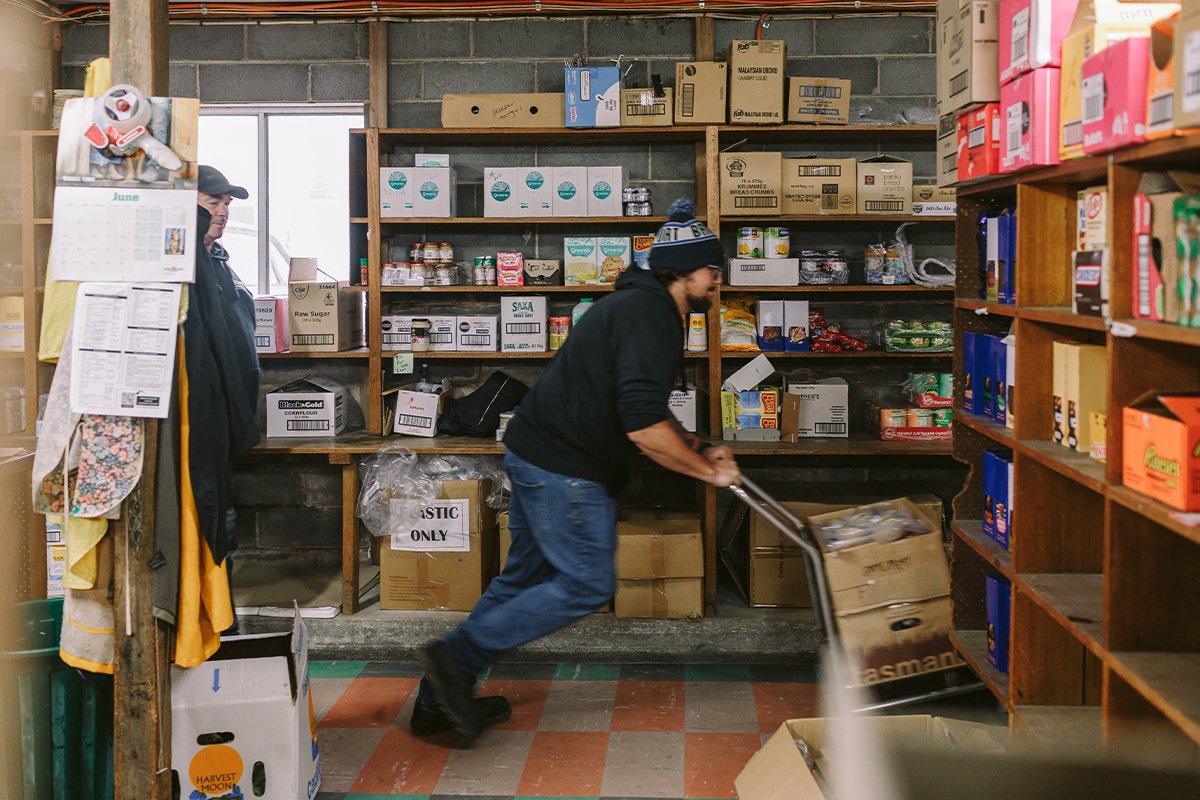
Throughout the long process of getting the abattoir cleaned up and ready to reopen, one thing the Davis family have all agreed on is that their venture has only been made possible by the support of the Flinders Island community.
The abattoir was on the verge of being condemned when they first arrived, and it took three and a half months of work to get it cleaned up. During that time there was a lot of expenditure, but zero income.
“The community were incredible,” says Charlie. “They’re a really great bunch of people and they were backing us the whole way. They’ve been so helpful and welcoming. It was phenomenal really. You couldn’t have made the project work anywhere else except Flinders Island.”
“They’ve been great right from day dot,” agrees Laura. “You walk down the street and you have to take an extra hour to talk to everyone. It’s one of the things that’s really special here — you can’t be in a rush to get somewhere.”
With just 900 people living on Flinders Island, the community often comes together for special occasions like Cracker Night or a Christmas Barbecue, and when that happens it’s a brilliant opportunity for organisations like the Lions Club, the local school, and the footy club to work together and put on a great event.
But it’s also a chance for Charlie to give back to the people of Flinders. The family routinely donates meat to the local school and community clubs, as a way of repaying the kindness shown to them from the very beginning.
“The community did so much for us,” says Charlie. "Everyone knows everyone, it’s just like a big Christmas party every day. On Anzac Day the Lions Club do sausages, and one of them asked, ‘When we’re getting an invoice?’ We said, ‘You’re not!’ It’s just sort of back to that old school mentality, they do something for you, you do something for them.”
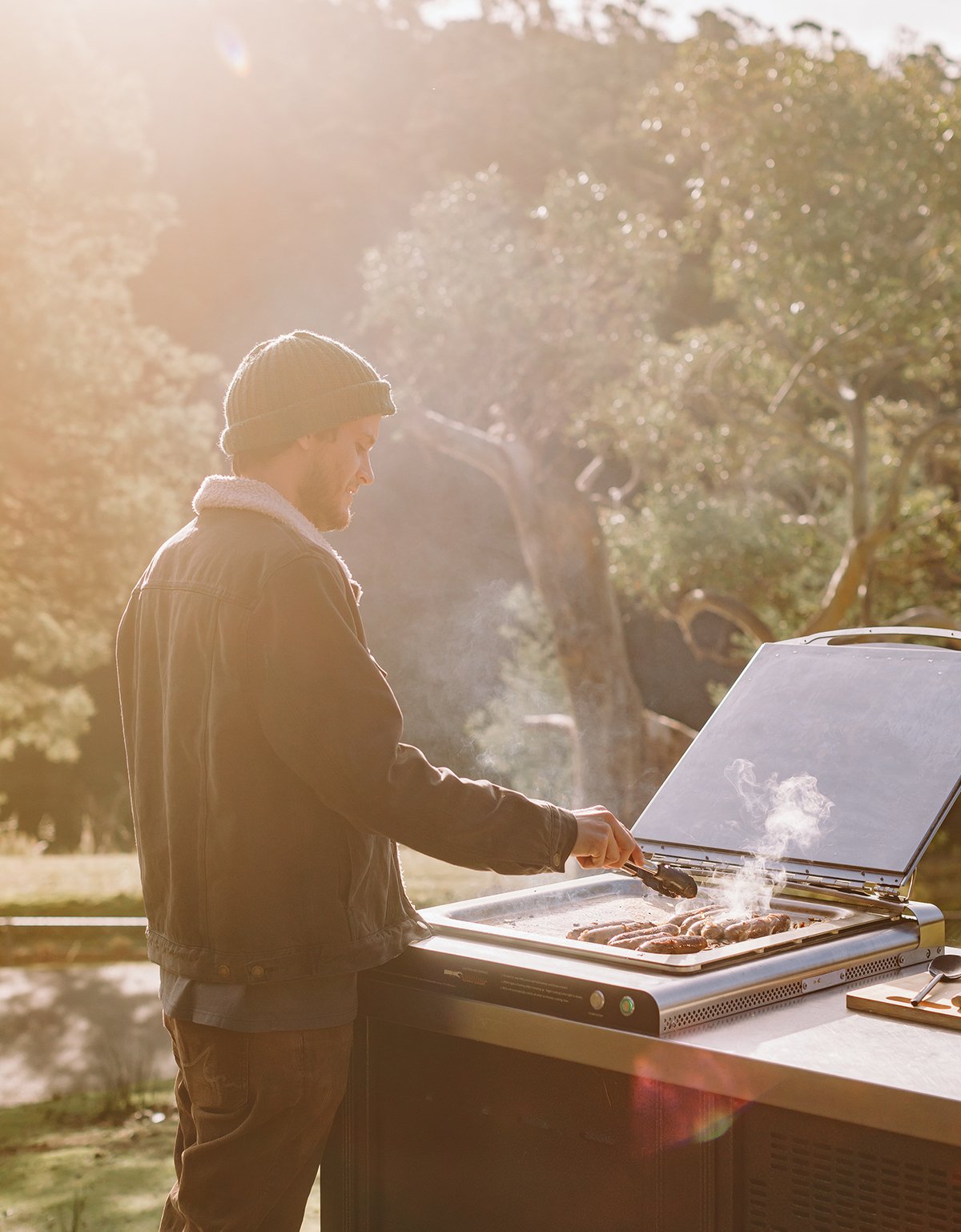
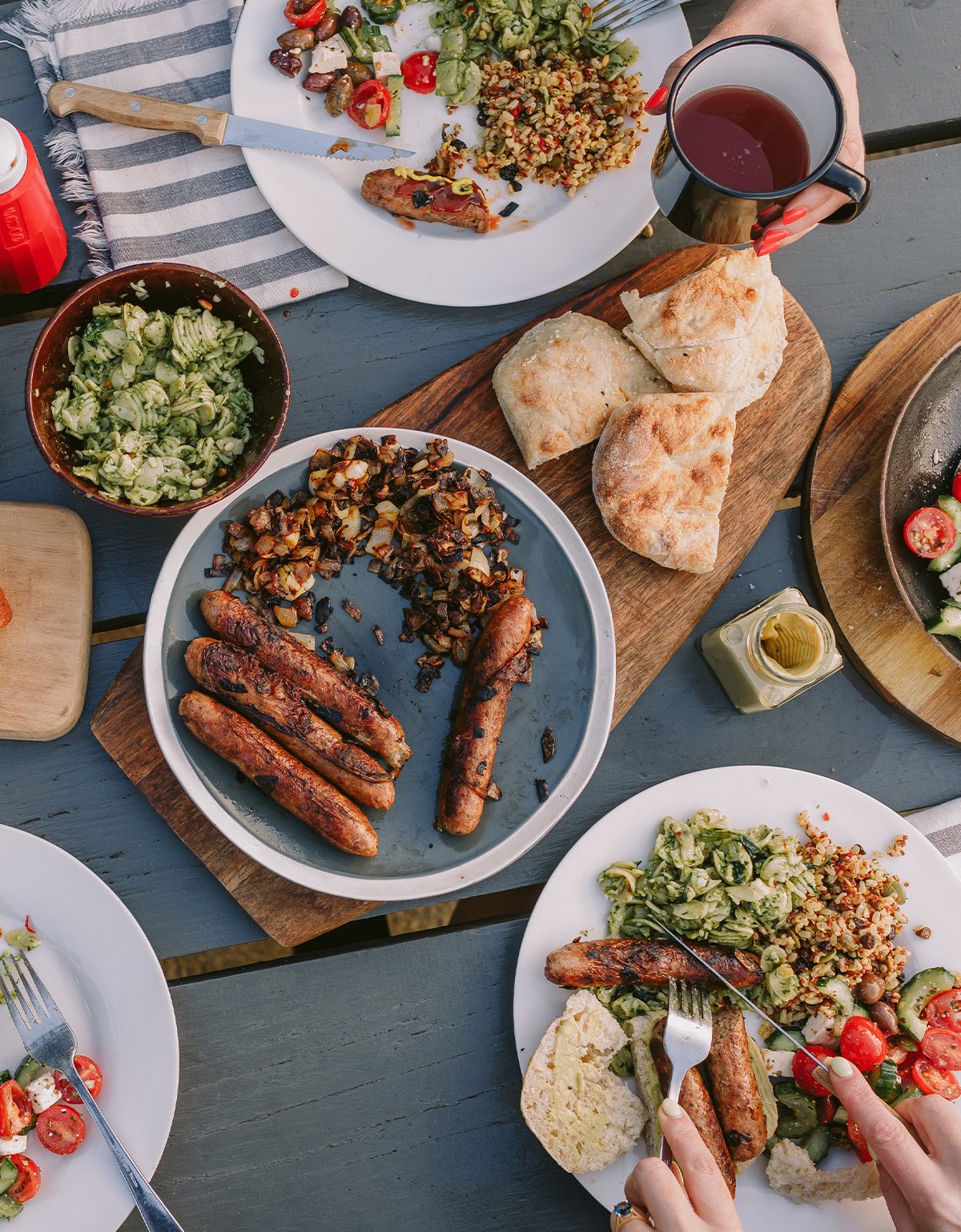
Charlie has plans for scaling up Game Meats of Tasmania, but he’s keen to do that at a pace and a scale that is appropriate for the island. He’s unlikely to start processing chickens at the abattoir anytime soon, as they’re not commercially farmed on Flinders Island, but he’s starting to trial pork and goat meat in collaboration with a local farmer.
For now, Charlie is most excited about the prospect of purchasing a new machine that will help with some of the manual work the family have been handling for the last twelve months.
“I was speaking to our supplier in Victoria and told him that I’d just spent four hours pressing out burgers by hand. 600 burgers in four hours… He told me he could sell me a machine that does 2000 in an hour. It does fingers, it does burgers, it does nuggets.”
“Everyone says, ‘you better do chicken nuggets,’” laughs Charlie with a twinkle in his eye. “Bugger that, I’m going to make wallaby nuggets.”

We worked with southern Tasmanian writer Ruth Dawkins, southern Tasmanian photographers Fred + Hannah and southern Tasmanian videographer The Human Story Films for this Tasmanian story.
Read about more Tasmanians
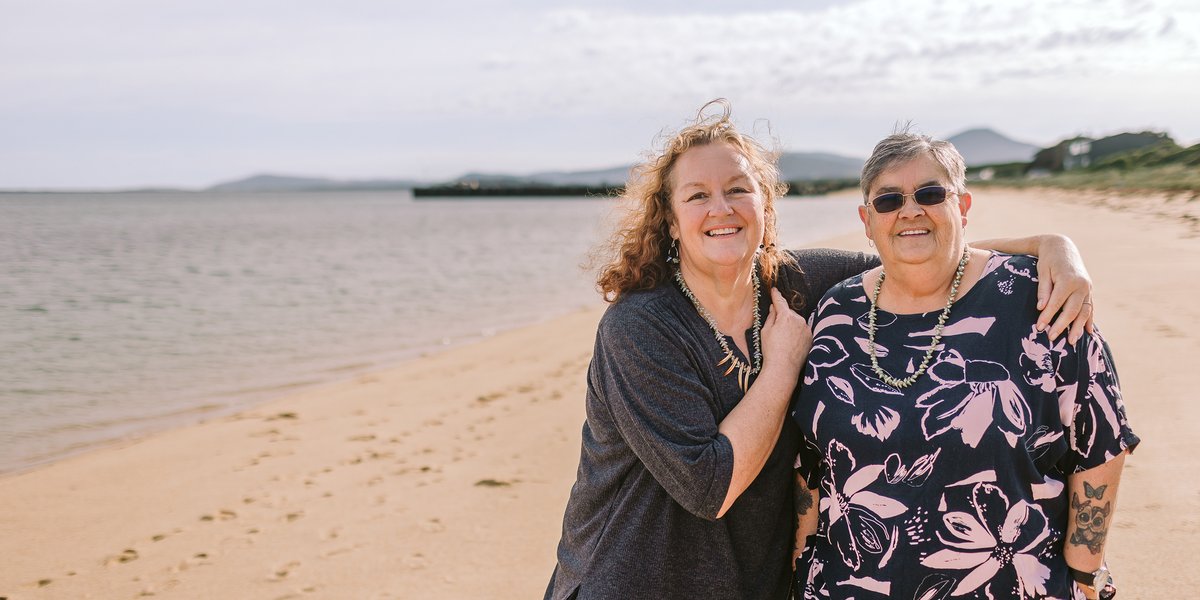
Aunty Verna Nichols & Tracy Purdon Walsh
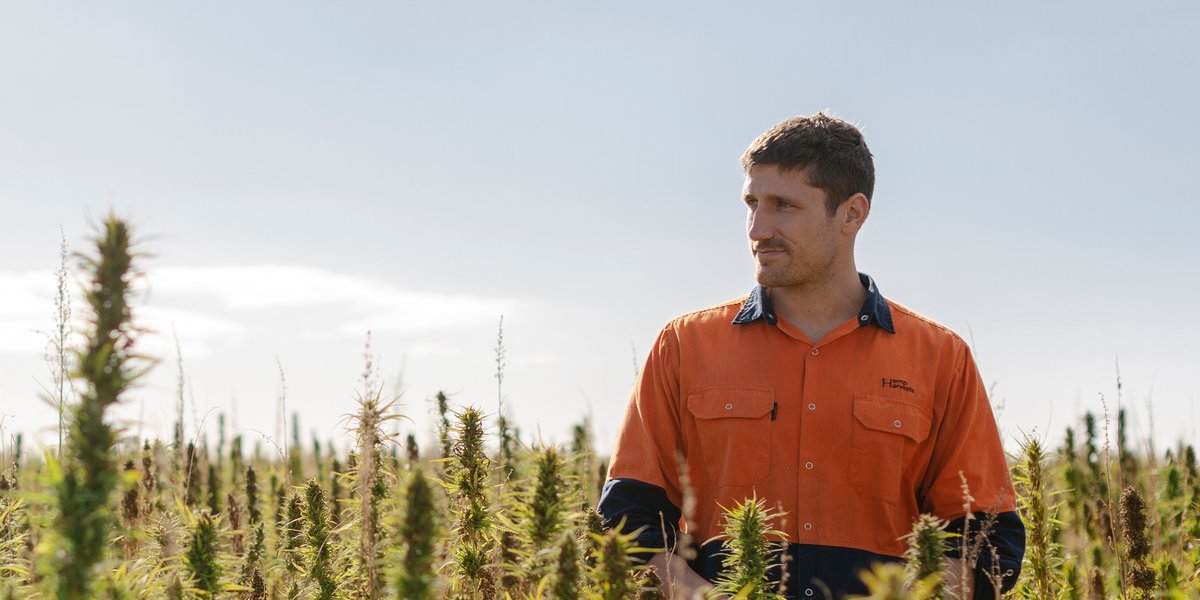
Tim Crow
